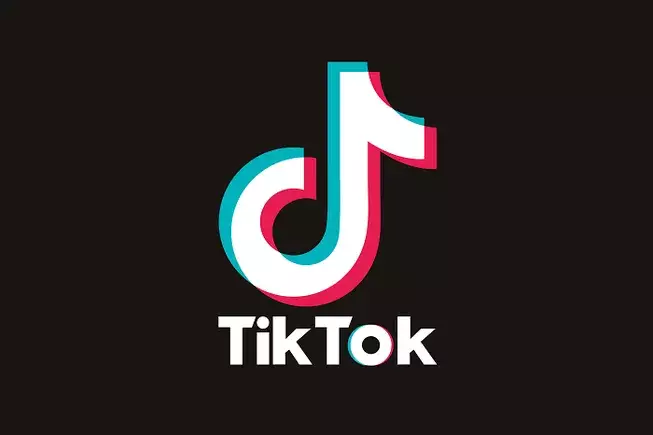TikTok has become a cultural phenomenon in recent years, captivating millions of users globally with its engaging short-form videos. However, its presence in the United States has faced a tumultuous political landscape fraught with potential restrictions and bans. This article delves into the recent developments surrounding TikTok’s status in the U.S., the implications of ongoing governmental negotiations, and the broader implications for foreign tech applications in the American market.
Following a period of heightened scrutiny and the looming threat of prohibition, TikTok has been reinstated in both the Google Play and Apple App stores. This reinstatement comes on the heels of official assurances from the newly appointed Attorney General Pam Bondi, which confirmed that both tech giants would not face legal repercussions for allowing downloads of the app. The labyrinth of regulations and legislation surrounding TikTok has created an environment of uncertainty, where the app’s fate oscillates between popularity and potential removal.
The “Protecting Americans from Foreign Adversary Controlled Applications Act,” initially signed into law under the previous administration, mandated that TikTok must relinquish control to a U.S.-based owner by a set deadline. However, as of January 19, no deal had been reached, and the situation became cloudy with the signing of an executive order by President Trump, which provided TikTok an additional 75 days to negotiate a sale. This order’s complexity lies in its inability to fully nullify the existing legislation aimed at curbing foreign influence.
The complexity surrounding TikTok’s future goes beyond mere app downloads; it involves intricate negotiations with influential tech firms. Companies like Microsoft, Oracle, and Amazon have been thrown into discussions, pondering their role in a potential acquisition or partnership deal that could assuage U.S. government concerns.
However, any such agreement is fraught with potential pitfalls. Any changes to the app’s ownership structure must also receive approval from Chinese authorities, as its parent company, ByteDance, navigates the political sensitivities involved with the Chinese Communist Party. This entanglement offers a unique challenge; for every concession made to appease U.S. regulators, there is a corresponding concern about how that will play out with Chinese officials.
Furthermore, behind these negotiations sits a charismatic player: President Trump himself, who boasts a substantial following of over 15 million on TikTok. His visceral interest in the app raises the stakes for negotiations, but his public statements also reflect a somewhat dismissive attitude, having referred to TikTok as “Tic Tac,” which underscores the sometimes flippant nature of tech politics.
The unfolding saga of TikTok in the United States reveals more than just a battle over data privacy and ownership; it illuminates the multifaceted relationship between technology, economics, and culture. As millions of TikTok users go about creating, sharing, and consuming content, the chilling effects of an operational shutdown could reverberate throughout the digital landscape, particularly within the creator economy that has burgeoned around platforms like TikTok.
User reactions have ranged from support for the app, viewing it as a critical channel for cultural expression and creativity, to frustration with the prospect of losing access to an application that has become an essential outlet in their lives. The tension between governmental oversight and individual freedoms remains a central theme in discussions surrounding TikTok’s future.
As it stands, TikTok continues to operate within the U.S. with renewed access in app stores, but the path forward remains ambiguous. The forthcoming 75-day negotiation window will be pivotal. With potential acquisition talks still taking shape and foreign policy considerations looming on the horizon, the future of TikTok and its operational standing in the U.S. may hinge on the delicate balance of international diplomacy.
The stakes are high, not only for TikTok but also for the broader context of foreign technology companies navigating a competitive and often hostile regulatory environment in America. Ultimately, TikTok’s saga highlights the intricate ballet of commerce, culture, and politics that defines the intersection of technology and governance today. How this situation unfolds may set precedents for the future of tech-laden diplomacy in an increasingly interconnected world.


Leave a Reply